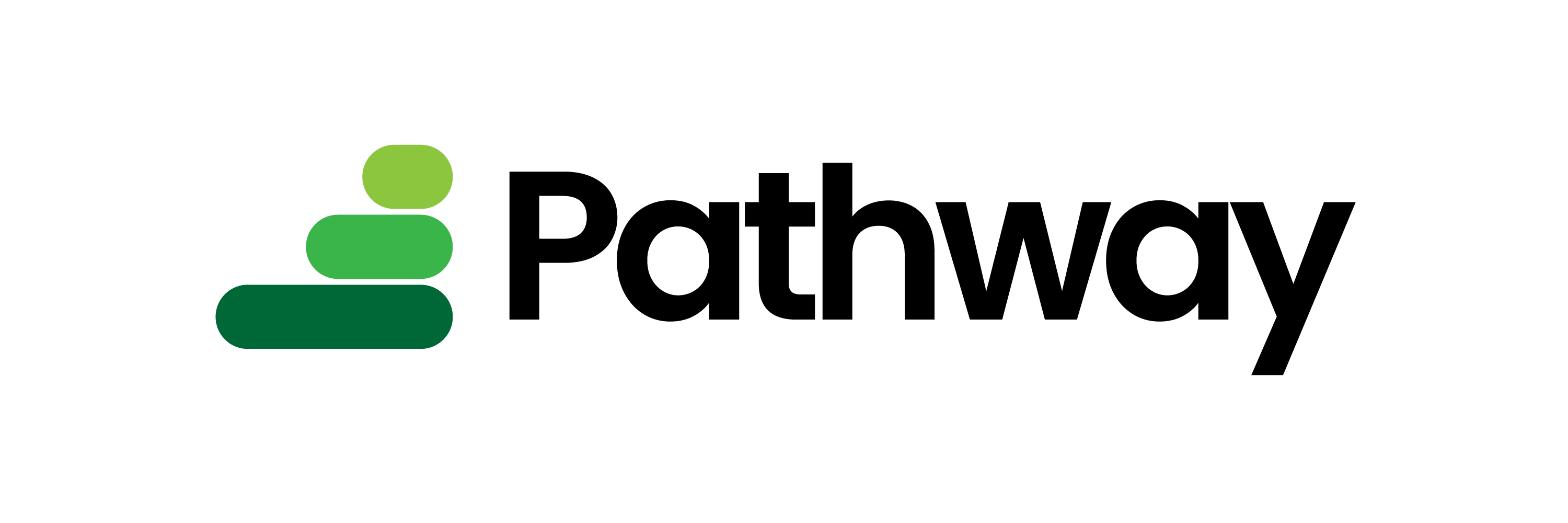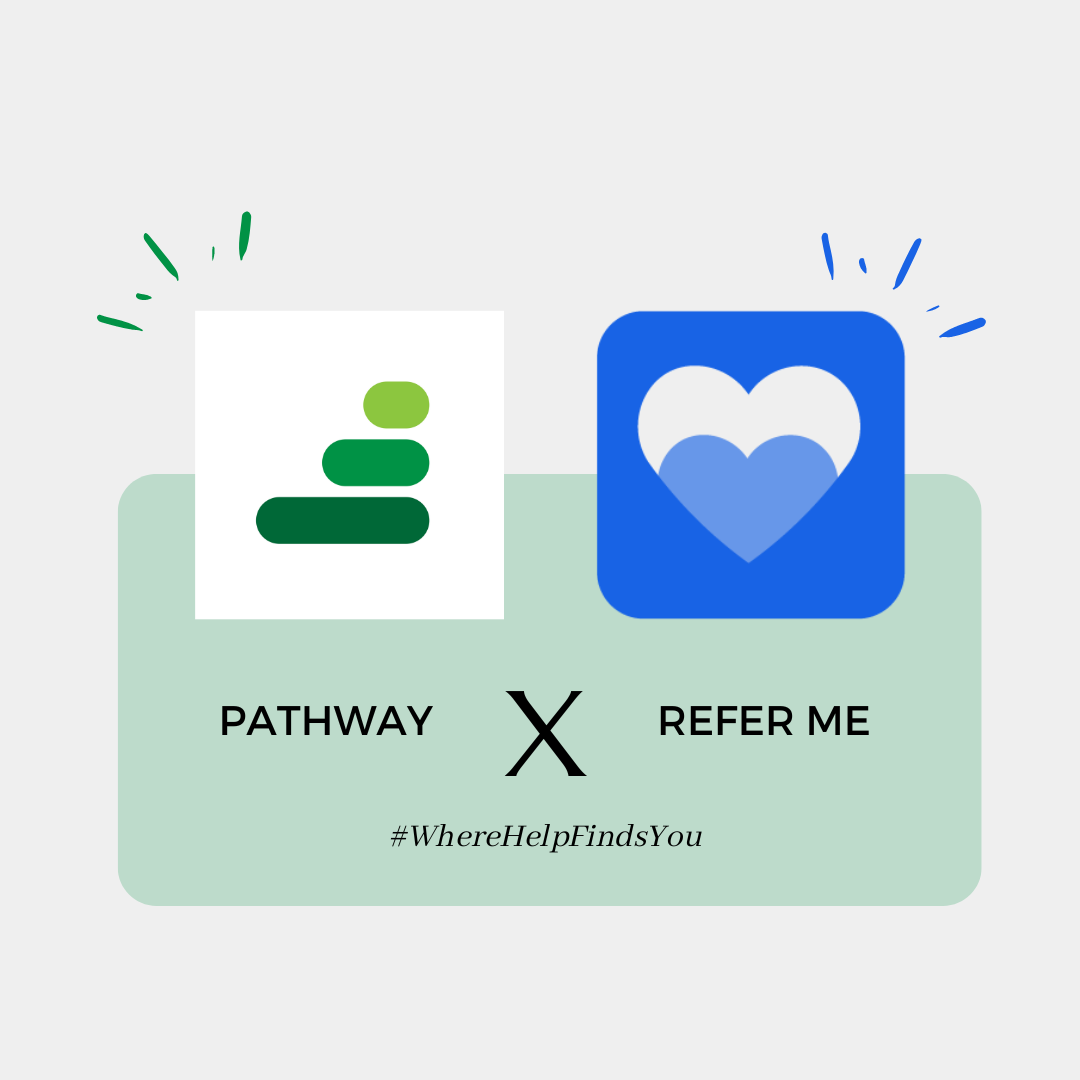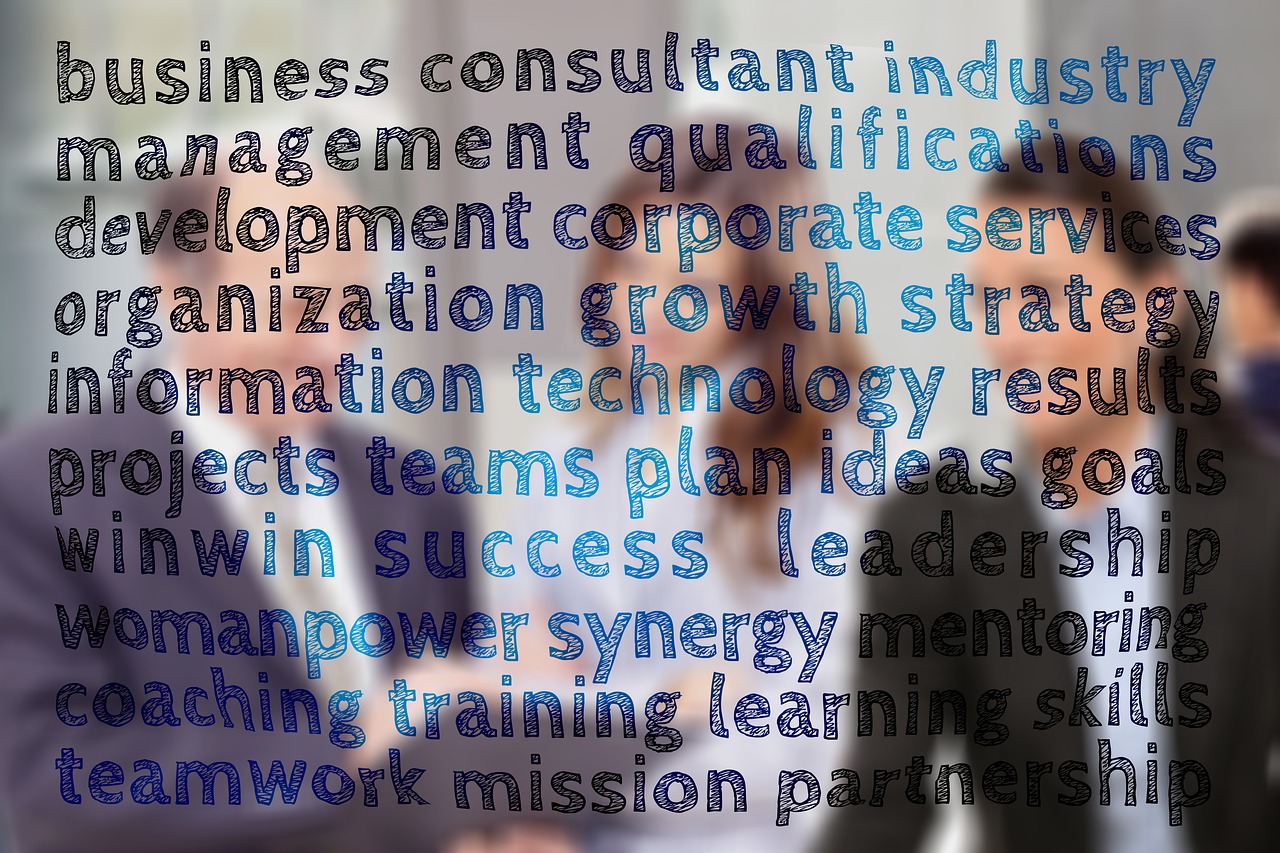Table of Contents
Hey, Pathway friends! So, you’ve got a HireVue interview coming up? We’ve got your back! By the end of this playbook, you’ll be navigating HireVue like a pro and leaving your interviewers super impressed.
Chapter 1: What the Heck is a Hirevue?!
HireVue describes itself as an “end-to-end hiring experience platform.” The software automates workflows connected with the hiring process. The goal is to help organizations hire talent more efficiently and fairly.
One of the tools provided is a HireVue interview. These remote interviews replace time-consuming phone screens. They also allow the interviewee to participate whenever and wherever works best for them.
Chapter 2: Prepping Like a Pro
Great performances don’t just happen; they’re the result of thorough preparation. Here’s how you can take your prep game to the next level:
- Deep-dive Research: It’s essential to familiarize yourself with the company, but don’t stop at their website. Find unique insights by exploring the company’s LinkedIn profiles, reading their press releases, examining industry reports, and understanding their latest products and services. If possible, reach out to current employees to gain insider perspectives on the company culture and values. Remember, the more you know about the company, the better you can align your responses to their needs and values.
- Practice with AI: The saying “practice makes perfect” holds particularly true for AI interviews. Platforms like Interview Warmup simulate AI interview experiences and provide immediate, actionable feedback. Practicing with these tools can help you understand how your responses are assessed and where you need to improve.
- Set the Stage – Your Environment: Your interview environment can impact the quality of your interview significantly. Set up a clean, neutral background free from distractions. Pay attention to lighting; your face should be well lit so that your expressions are clearly visible. Test your audio setup for clarity and eliminate potential background noise.
- Develop “On-Camera” Skills: Virtual interviews require a different set of skills than face-to-face ones.
- Eye Contact: Establishing eye contact with the camera gives the impression of confidence and attentiveness. Resist the urge to look at your own image on the screen; instead, focus on the camera as if it’s the interviewer.
- Body Language: Use your body language to convey enthusiasm and positivity. Sit up straight, keep your hands visible, and use natural gestures to emphasize your points.
- Voice Modulation and Pace: Use your voice to maintain interest and convey your message effectively. Vary your pitch and volume to avoid monotony and try to maintain a steady pace; not too fast, not too slow.
- Dress for Success: While the interview may be virtual, you should still dress as you would for an in-person interview. The clothing you choose should align with the industry and the job role you’re applying for. When in doubt, it’s always better to be overdressed than underdressed. This not only presents you professionally but also gets you in the right mindset for the interview.
Chapter 3: Answering with Confidence
Alright, champions! Now let’s deep-dive into how to structure your responses in the most effective way possible. Yes, we’re talking about answering tough questions, which are an unavoidable part of any interview.
- Introduction to PARL: So what’s this ‘PARL’ business, you ask? It stands for Problem, Action, Result, and Learning. It’s a fantastic framework to keep your answers clear, concise, and compelling. And guess what? HireVue’s AI absolutely loves it! It’s essentially a modified version of the STAR method designed specifically to work well with AI interviews. We’ll break down each aspect of this strategy for you.
- Problem: Begin by outlining the challenge you faced. This sets the context and gives the AI a basis for evaluating your problem-solving skills. But remember, the more specific you are, the better!
- Action: What did you do to solve this problem? The AI will be assessing your initiative and decision-making abilities here, so make sure to highlight your role in the action taken.
- Result: Did your action yield a positive outcome? The result is your chance to showcase your success and impact. But don’t just say you succeeded; be sure to quantify the result where possible. It could be anything from “increased sales by 25%” to “improved team efficiency by 20%.”
- Learning: What did you learn from this experience? Here’s where the AI measures your capacity for growth and continuous learning. Reflect on what the situation taught you and how it has helped you grow professionally.
- Answering Technical Questions: Technical questions are all about showcasing your subject matter expertise. Don’t rush into answering; take a moment to think through the question. If the platform allows, use the on-screen notepads to jot down your thoughts and calculations. This helps to visibly demonstrate your analytical thinking and problem-solving process to the AI.
- Presentation Questions: Presentation questions are designed to assess your communication skills and personality. It’s not just about what you say but also how you say it. Master the art of storytelling, speak with passion, and let your personality shine through.
- Tip: When answering, imagine you’re speaking to a colleague or friend instead of an AI. This can help you sound more natural and less scripted.
Now that you’re equipped with the ‘PARL’ strategy, it’s time for some practice!
Chapter 4: Mastering HireVue's Game-based Assessments
HireVue’s game-based assessments can be challenging but mastering them is an achievable feat. Let’s take a deeper look:
- Cognitive games: These games are designed to evaluate your problem-solving and decision-making skills. You may encounter tasks such as number series, grid challenges, and memory games. Understanding the logic and patterns behind these games can significantly improve your performance.
- Number series: Practice identifying patterns in numerical sequences. An example could be: “2, 4, 6, 8, ?”. The pattern here is +2 each time, so the answer would be 10.
- Grid challenges: These usually involve finding the fastest or most efficient route on a grid. Understand the rules, plan your strategy before moving, and stay flexible as things may change.
- Memory games: These assess your working memory. Regularly practicing memory exercises can help improve your performance in this area.
- Emotion Evaluation: Some games may evaluate your ability to understand and interpret emotions. Always showcase genuine reactions during emotion detection games. Emphasize on developing empathy and understanding body language and facial expressions in daily interactions to get better at this.
- Identifying patterns: Many games involve pattern recognition. Practice by doing simple exercises like spotting patterns in a string of shapes or numbers. Remember, speed is important, but accuracy is crucial.
Interactive Activity: Check out some free online cognitive games. Practice them and share your experiences on our Pathway slack. We can all learn from each other’s strategies.
Chapter 5: The Art of Following-up
The interview process doesn’t end when the camera turns off. Proper follow-up can leave a lasting impression:
- Thank You messages: A personalized thank-you note can showcase your sincerity and appreciation. Mention specific details from the interview and express excitement about the role. This reaffirms your interest and keeps you fresh in the interviewer’s memory.
- Queries: It’s okay to have questions post-interview. Whether it’s about the interview process, next steps, or results, communicate your concerns tactfully. Ensure your tone is professional and respectful.
- Feedback: Whether you get the job or not, feedback is invaluable for your growth. Don’t hesitate to ask for it. This not only shows your desire to improve but also your resilience. Utilize this feedback to improve your future performance.
Interactive Activity: Let’s practice crafting a thank-you message. Share yours on our Pathway slack and get feedback from peers and mentors.
Chapter 6: Extraordinary Circumstances
Even with all the preparation in the world, unexpected circumstances can arise. Let’s look at how to navigate these tricky situations:
- Managing Technical Glitches During Live Interviews: Technical issues can happen to anyone, but handling them gracefully can leave a positive impression.
- First, stay calm. Acknowledge the issue politely and ask for a moment to attempt a fix.
- Always have a backup plan. This could mean having a second device ready, ensuring your laptop is fully charged, or having the interviewer’s contact information handy in case you need to switch to a phone call.
- If the glitch cannot be fixed immediately, suggest rescheduling or switching to another communication method.
- Handling Unexpected Questions or Tasks: Interviews often contain surprise elements to assess your thinking process, creativity, or how you perform under pressure.
- Don’t rush to answer. It’s perfectly acceptable to take a moment to gather your thoughts.
- Remember the PARL method (Problem, Action, Result, Learning) to structure your response in a coherent manner.
- If you genuinely don’t know the answer, it’s better to admit it than to fabricate a response. Demonstrating honesty and integrity can leave a good impression.
- Staying Composed and Thinking on Your Feet: Staying composed under pressure is a valuable skill.
- Practice mindfulness techniques to help you remain calm and focused, such as deep breathing exercises or visualizations.
- Regularly expose yourself to new situations and experiences that challenge you, as this can help increase your adaptability and flexibility.
- Finally, always remember: it’s okay to make mistakes. What matters most is your ability to recover from them.
Chapter 7: Resources and Practice
Effective preparation involves tapping into the right resources and consistent practice. Here, we’ll discuss several options to enhance your HireVue interview performance.
- Reviewing HireVue’s Sample Questions and Recommended Responses: Start your journey with HireVue’s own resources. They offer sample questions and responses that can give you an understanding of what to expect and how to approach your answers.
- Conducting Mock Interviews Using HireVue-Like Platforms: There are platforms available that simulate AI-driven interviews.
- Interview Warmup is a Google product that uses AI to assess responses and provide feedback.
- Voomer offers AI video interview training and includes a feature to compare your performance against top performers.
- AlgoExpert is a great platform for technical interviews with video explanations and coding interview questions.
- Join Online Communities: Engage with online communities like TeamBlind, LeetCode, and Glassdoor where professionals share their interview experiences, tips, and advice.
- Accessing Advanced Resources for Continuous Learning and Practice: Continuous learning can give you an edge. Here are a few resources:
- Websites like Coursera and Udemy offer extensive courses in various fields. There are several courses dedicated to interview preparation.
- Read interview guide books like “Cracking the Coding Interview” by Gayle Laakmann McDowell or “Case in Point” by Marc P. Cosentino for industry-specific tips.
- Use mindfulness apps like Headspace and Calm to help manage stress and improve your focus.
Interactive Activity: Sign up for a mock interview on one of the platforms listed above and share your experience with our community. What did you learn? What will you do differently in the future?
Remember, the key to a successful interview is preparation and practice. We’re here to help you along the way. Let’s get started!
Preparation for HireVue interviews goes beyond rehearsing common questions. This module aims to provide you with an in-depth understanding and practical strategies to truly stand out in your HireVue interview.
Remember, the goal is not just to answer the questions or complete the tasks but to communicate your personality, skills, and potential in a meaningful and memorable way. Good luck!





